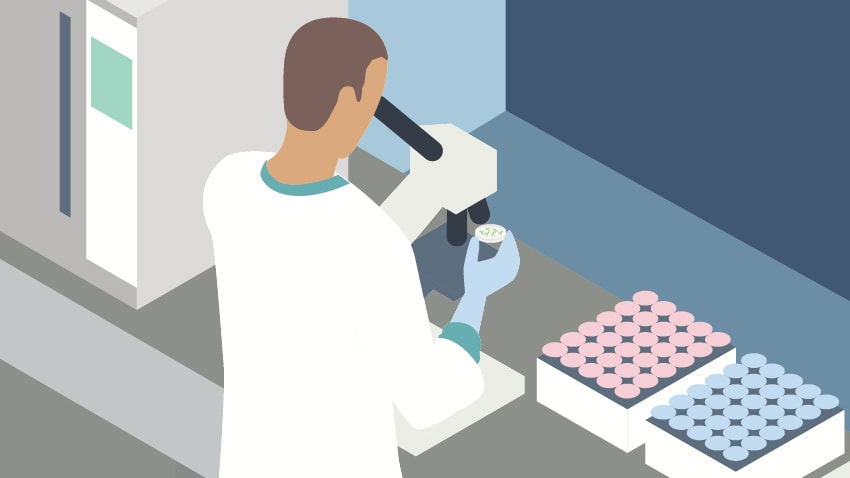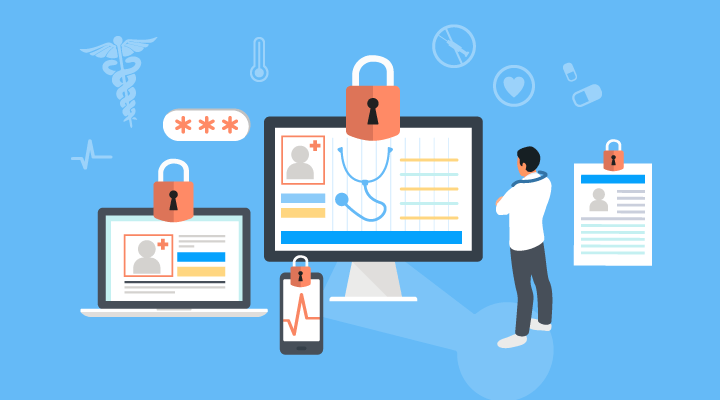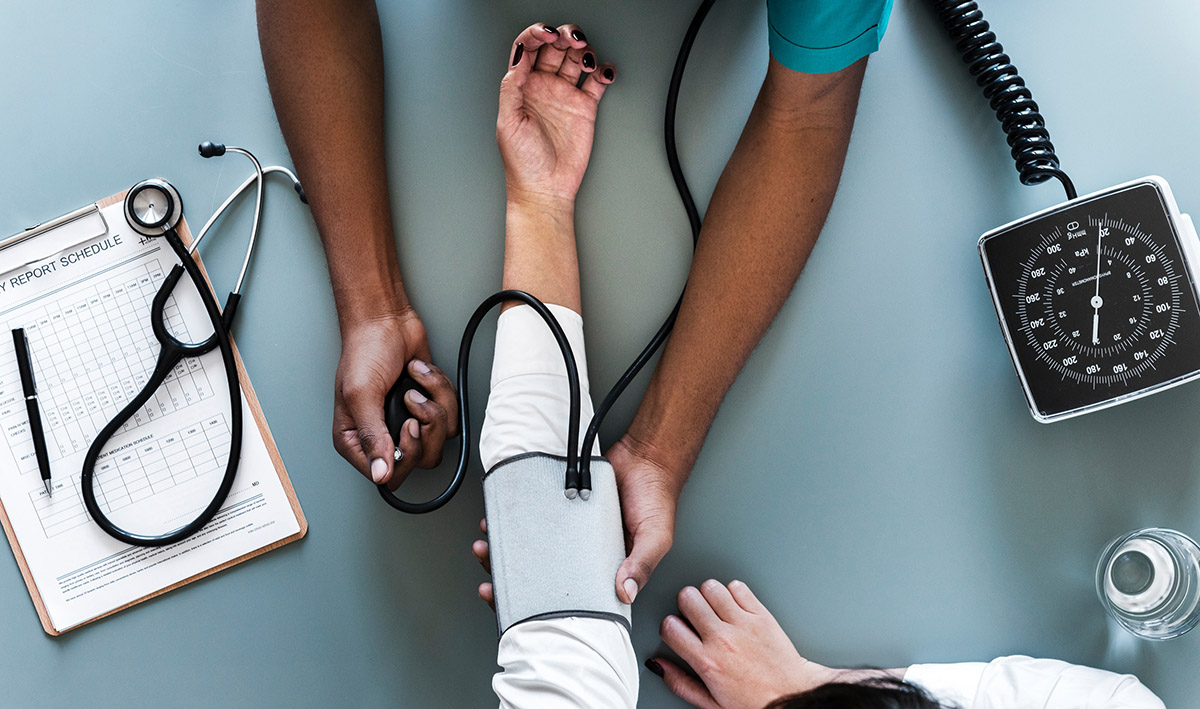
The clinical genetics community recognise the increasing demand for direct to consumer (DTC) genetic testing. Companies such as 23andMe sell genetic tests, analyse samples that are sent back and provide the results with some analysis. The results of DTCs frequently look for specific variances in genes, as opposed to testing the entire genome. The analysis of DTCs tends to come from databases of research that has been collated about any variances that are found.
In an article published by Future Medicine, clinicians explore the fact that DTCs bypass elements of genetics testing in a healthcare setting. When referred to a genetics service, a family history for the patient will normally be gathered and genetic counselling will be offered ahead of any genetic testing and also afterwards. Genetic counsellors recognise a risk of people using DTC genetic tests who may not have thought about the consequences of finding out the results. In circumstances where people learn that they may be affected by a particular genetic disorder then careful consideration needs to be given to the possible distress that might be linked with this discovery. Beyond the immediate impact of genetic test results, genetic counselling is useful to help people make decisions about any treatments that may be available or life choices that they might make as a result.
Research conducted by UK clinical geneticists and genetic counsellors about DTC genetic testing highlighted the importance of interpreting genetic test results in the wider context of a patient’s family history and other medical history. The lack of context behind the results provided by DTCs may lead people to reach false conclusions about their risk of being affected by particular genetic conditions. There are several negative implications that could occur when people reach false conclusions based on the results of DTCs; the first obvious implication is that a person may believe that they are not at risk of a genetic condition when they could in fact be at risk, or could be at risk of passing on a genetic variation (e.g. they may be a carrier but not be affected). The results may alternatively lead people to falsely believe that they are affected or likely to be affected by a genetic disorder, which may cause distress and lead to decisions being made on false conclusions.
When considering the potential negative outcomes for people using DTC genetic testing kits, the role of genetic counsellors becomes very clear. Clinical genetics services may find that they see an increase demand in referrals from people who have received positive results from DTC genetic tests and who feel they require further investigation or treatment from these services. Future Medicine propose that commercial companies that offer DTCs should assume responsibility for the welfare of their customers and provide genetic counselling as part of their service, both before and after testing.
The DTC genetic testing article published by UK highlights a range of questions that genetic counsellors might ask patients, such as imagining how they will feel when they get the results and also considering how the results might impact other family members. The article also raises some very relevant wider questions about how the genetics community might cope with the additional demand. It is conceivable that DTC genetics tests might lead to a rise in demand for genetic counsellors that could be addressed, at least in part, by the use of telegenetics. We previously wrote about the fact that telegenetics is only used by 15.8% of clinical geneticists and considered the opportunity to increase this. In the future we might see the regulation of DTC genetics tests, which might include a requirement for genetic counselling to be offered with genetic testing and more commercial providers offering this, perhaps through telegenetics services.





